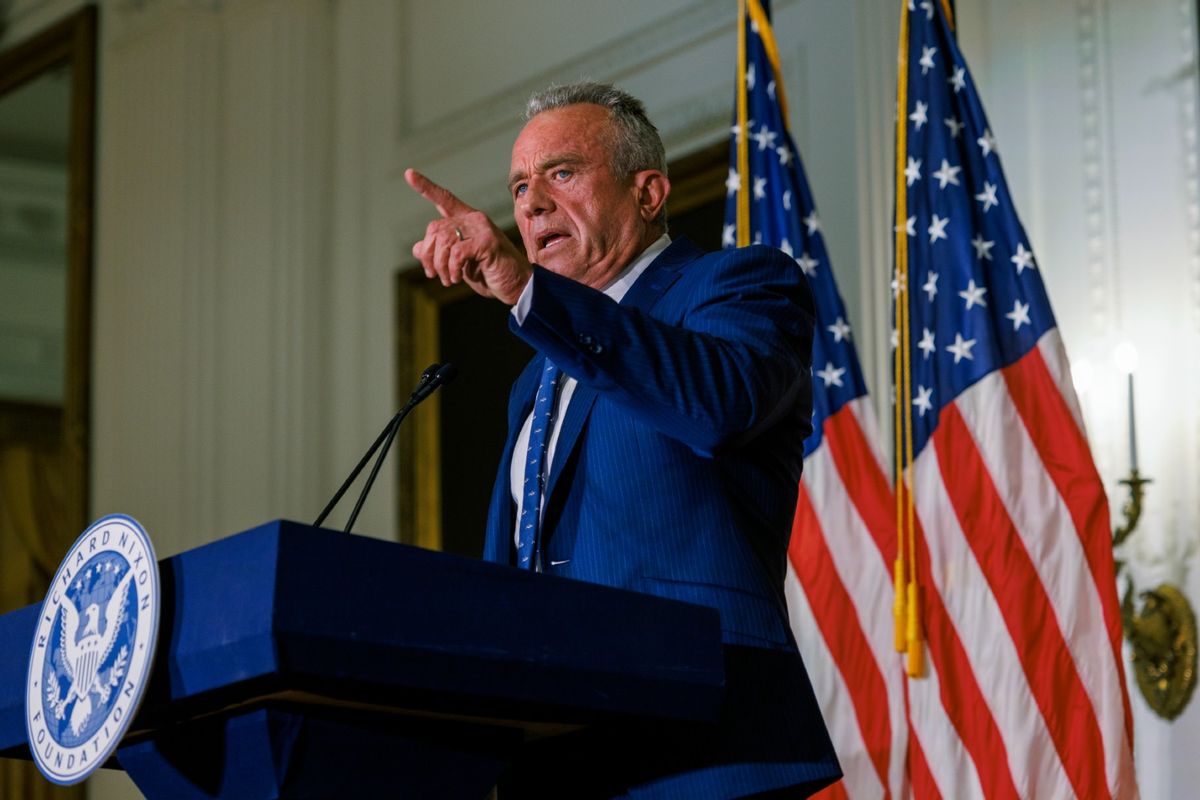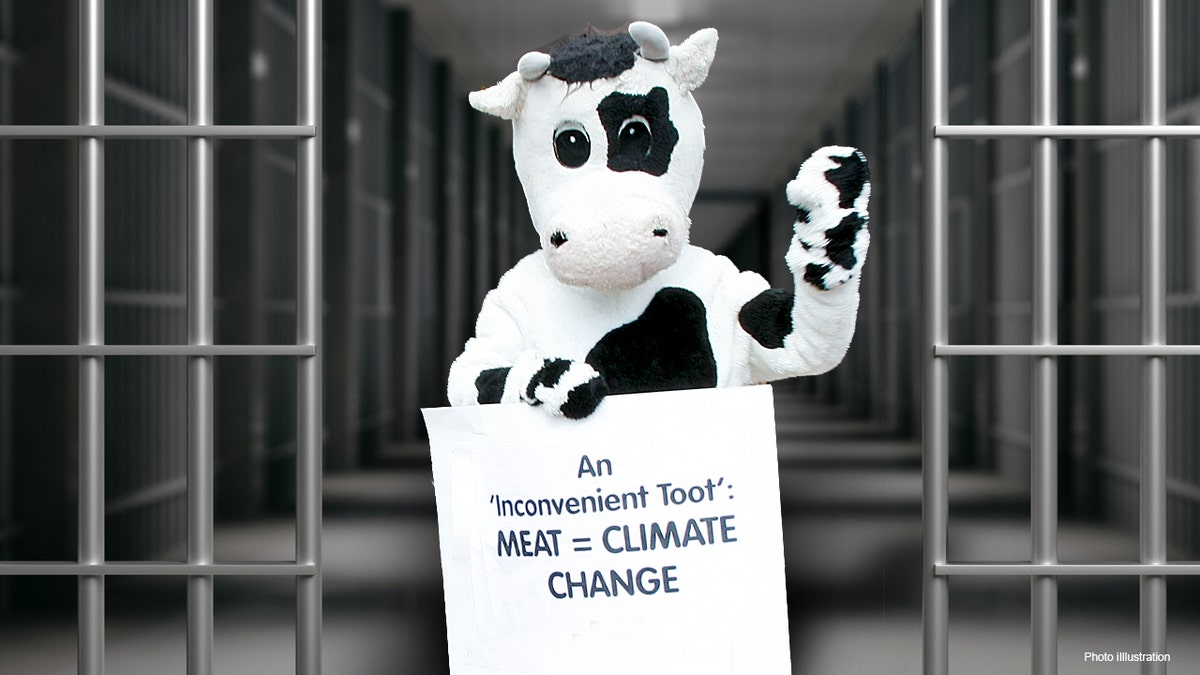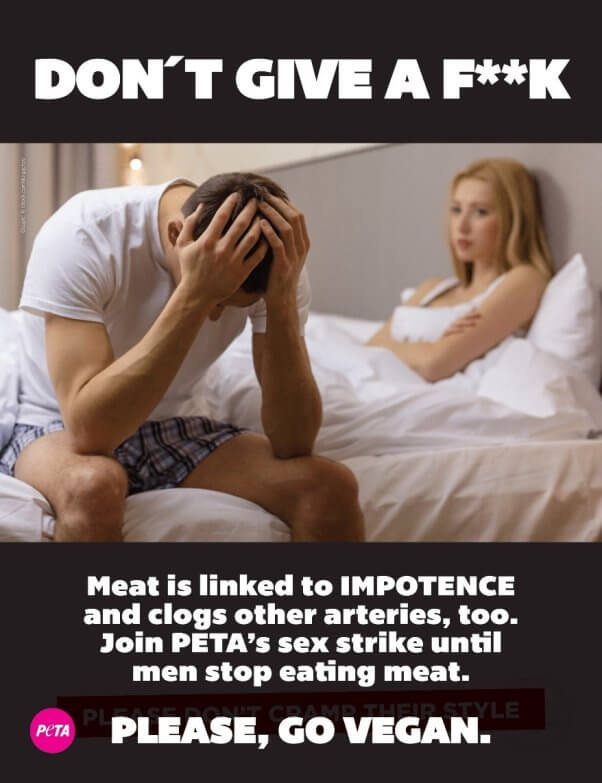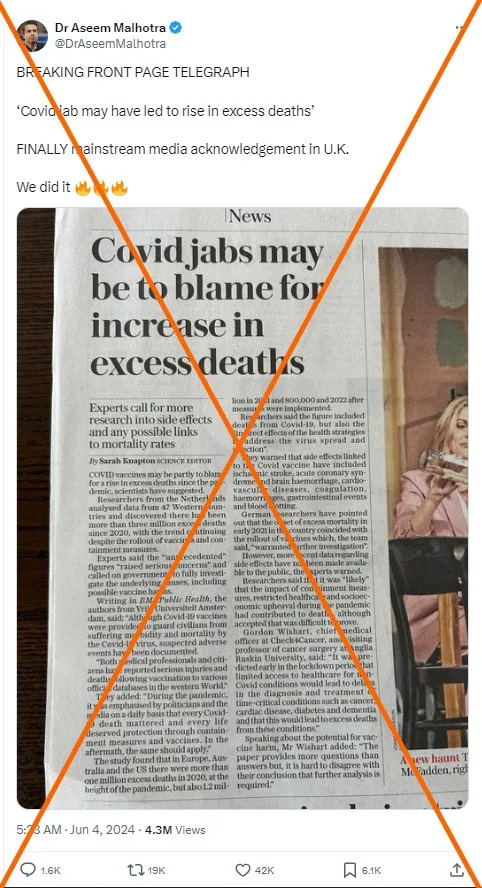Louisiana’s Ten Commandments law raises new concerns over separation of church and state
PBS NEWS HOUR
By —Geoff Bennett
By —Courtney Norris
Louisiana will now require the Ten Commandments to be displayed in every public school classroom. Similar bills have been proposed in Texas, Oklahoma and Utah, raising questions about the constitutional separation of church and state. Geoff Bennett discussed more with Charles Haynes of the Freedom Forum, a nonpartisan foundation promoting First Amendment freedoms.
Read the Full Transcript
Notice: Transcripts are machine and human generated and lightly edited for accuracy. They may contain errors.
Geoff Bennett:
Louisiana will now require the Ten Commandments to be displayed in every public school classroom, the only state in the country to do so.
The state's Republican governor, Jeff Landry, signed the bill into law yesterday.
Gov. Jeff Landry (R-LA):
This bill mandates the displaying of the Ten Commandments in every classroom in public elementary, secondary, and post-education schools in the state of Louisiana.
(Cheering and applause)
Gov. Jeff Landry:
Because, if you want to respect the rule of law, you got to start from the original law giver, which was Moses.
Woman:
That's right.
Man:
Amen.
Geoff Bennett:
Under the law, the posters must be no smaller than 11-by-14 inches and the commandments must be the central focus of the poster and in a large, easily readable font. They would be paid for through private donations, not state funds.
It comes as similar bills have been proposed in Texas, Oklahoma, and Utah, all of this raising questions about the constitutional separation of church and state, with civil liberty groups pledging to sue.
We're joined now by Charles Haynes, senior fellow for religious liberty at the Freedom Forum. That's a nonpartisan foundation promoting First Amendment freedoms.
Thanks so much for being here.
Charles Haynes, Senior Fellow for Religious Liberty, Freedom Forum: Thanks for having me. Good to be here.
Geoff Bennett:
So Governor Landry said he cannot wait to be sued. Does he have reason to feel confident, given the changing composition of the courts?
Charles Haynes:
He's confident he will be sued. That's that. And he can be sure of that.
Well, yes, because this is a climate in which the Supreme Court has moved the Establishment Clause and interpretation considerably, and I would say lowered the wall of separation, if you want to use that metaphor, so there's almost nothing left. So they think, this is our time. We can get things through.
Geoff Bennett:
Well, legal battles over the Ten Commandments in classrooms are not new, as you well know.
Charles Haynes:
Right.
Geoff Bennett:
In 1980, the Supreme Court ruled that a similar law in Kentucky was unconstitutional.
Does Louisiana's rationale, does Louisiana's approach change anything in the eyes of federal judges on this?
Charles Haynes:
I don't think so, but they do.
And so they are betting that the last big case, Van Orden v. Perry in 2005, when the Supreme Court upheld a monument, Ten Commandments monument, in the state House park, they think, well, that reasoning gives us support for putting it up in every classroom. I don't see how they're going to make that case. It's a very different kind of case.
And, in fact, on the same day in 2005, the Supreme Court struck down two Kentucky courthouse displays of the Ten Commandments, saying that they promoted religion. So I think the court would be, in ordinary times, more likely to go with the Kentucky decision. But they don't think so.
Geoff Bennett:
As we mentioned, there's similar legislation that pertains to the Ten Commandments. They have been proposed in Texas, Oklahoma, Utah. They haven't been successful yet.
Could this change how these other states proceed, especially as the religious right steps up its effort to amplify expressions of faith in the public square?
Charles Haynes:
I think those other states are going to wait and see how it fares in the courts.
If it's struck down in the lower courts and it doesn't go far, or if it gets to the Supreme Court and they strike it down, then it'll stop this movement. On the other hand, if it makes it to the Supreme Court and the court changes the rules of the Establishment Clause, which it could — it's already done that recently.
It's allowing more government aid to go to religious institutions, for example, which used to be unthinkable. So, who knows? If the Establishment Clause is erased pretty much, then governments can promote religion and say that it's history or for whatever reason.
So — and I think that's going to be very, very difficult for the future of the United States.
Geoff Bennett:
The groups that are opposed to this, what's their argument, and how much precedent do they have on their side?
Charles Haynes:
They have a lot of precedent, because the court has always been very careful to require neutrality by the government in a public school.
Impressionable young people, a captive audience, the government can't take sides in religion or impose religion on young kids. And that side says the Establishment Clause is why we have peace in this country. We have so many religious differences. And yet we have managed to negotiate them, live together, peaceful coexistence, mainly because we have kept the government out of the religion business.
And what happens when the government has the power, like they're asking in Louisiana, to promote a religious message in every classroom? They call it a history message. But the Ten Commandments, as the court said in 1980, read it. It's definitely a religious message.
Geoff Bennett:
One of the co-sponsors of legislation said that the Ten Commandments, in her view, she views it as a historical document.
Charles Haynes:
Right.
Geoff Bennett:
And she says this might not work in California or New York, but, in Louisiana, it does.
Charles Haynes:
Well, it's popular. But the First Amendment isn't a popularity contest. It's meant to protect the conscience of every individual.
And if there are only 10 people in Louisiana who don't want the Ten Commandments promoted, they have a right under the First Amendment to make their case. And I think they might win still. Even a conservative court is going to think long and hard about wiping away barriers to government promoting religion to young kids.
I mean, that just seems unthinkable. But the court changed how they interpret the Establishment Clause. It used to be neutrality in public schools under the Establishment Clause by government. Now it's history and tradition. We're not sure what they're going to do with that.
If they say, well, yes, it's our historical tradition that we have the Ten Commandments and so forth — and the legislators in Louisiana are betting that this court will say, yes, it's been in — we have taught about the Ten Commandments all these years and so why not put it on the wall?
Geoff Bennett:
Charles Haynes is a senior fellow for religious liberty at the Freedom Forum.
Thanks so much for your insights. We appreciate it.
Charles Haynes:
Thanks for having me.
Related
Jun 19

Louisiana to become first state to require that the Ten Commandments be displayed in every public school classroom
By Sara Cline, Associated Press
Feb 01
Watch 7:17

What is Christian nationalism and why it raises concerns about threats to democracy
By Laura Barrón-López, Sam Lane
Aug 04

In Oklahoma, a new test of religion in public schools
By Adam Kemp

Geoff Bennett serves as co-anchor of PBS NewsHour. He also serves as an NBC News and MSNBC political contributor.@GeoffRBennett















